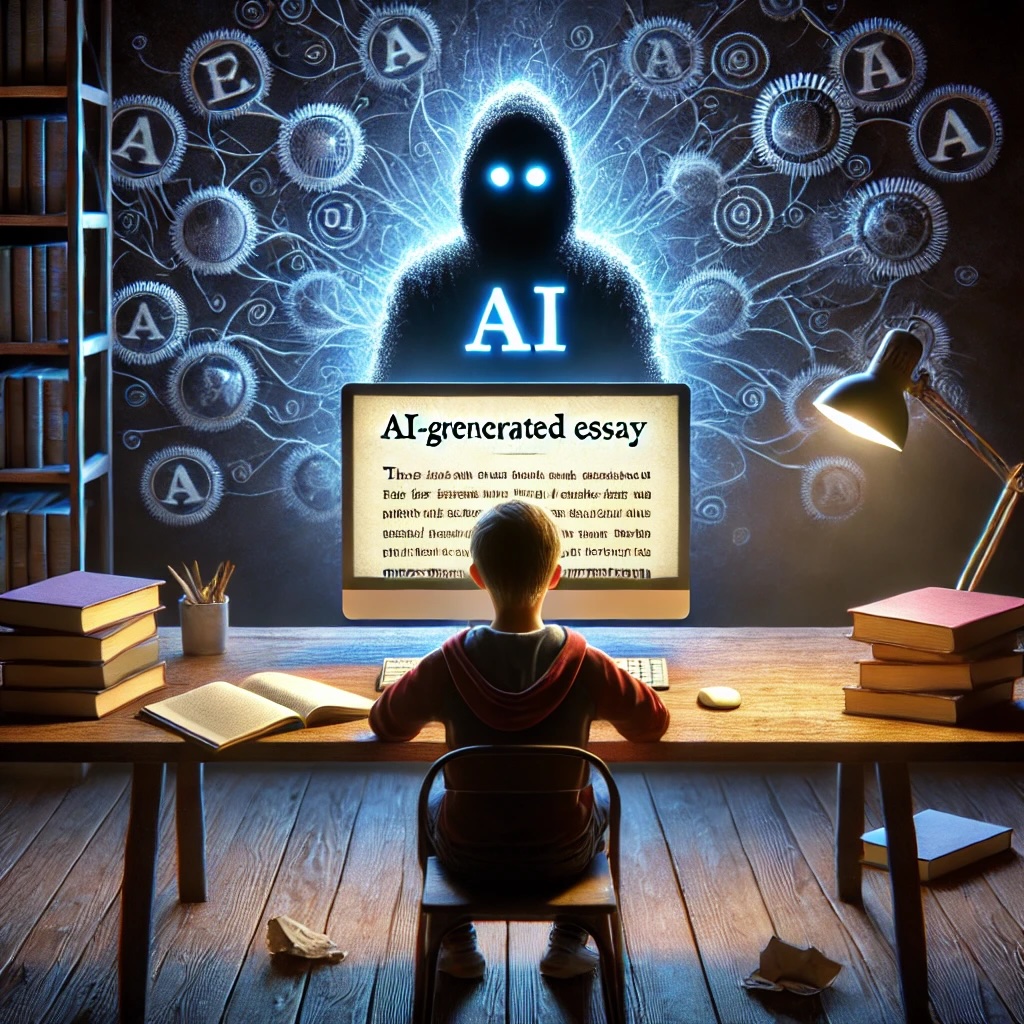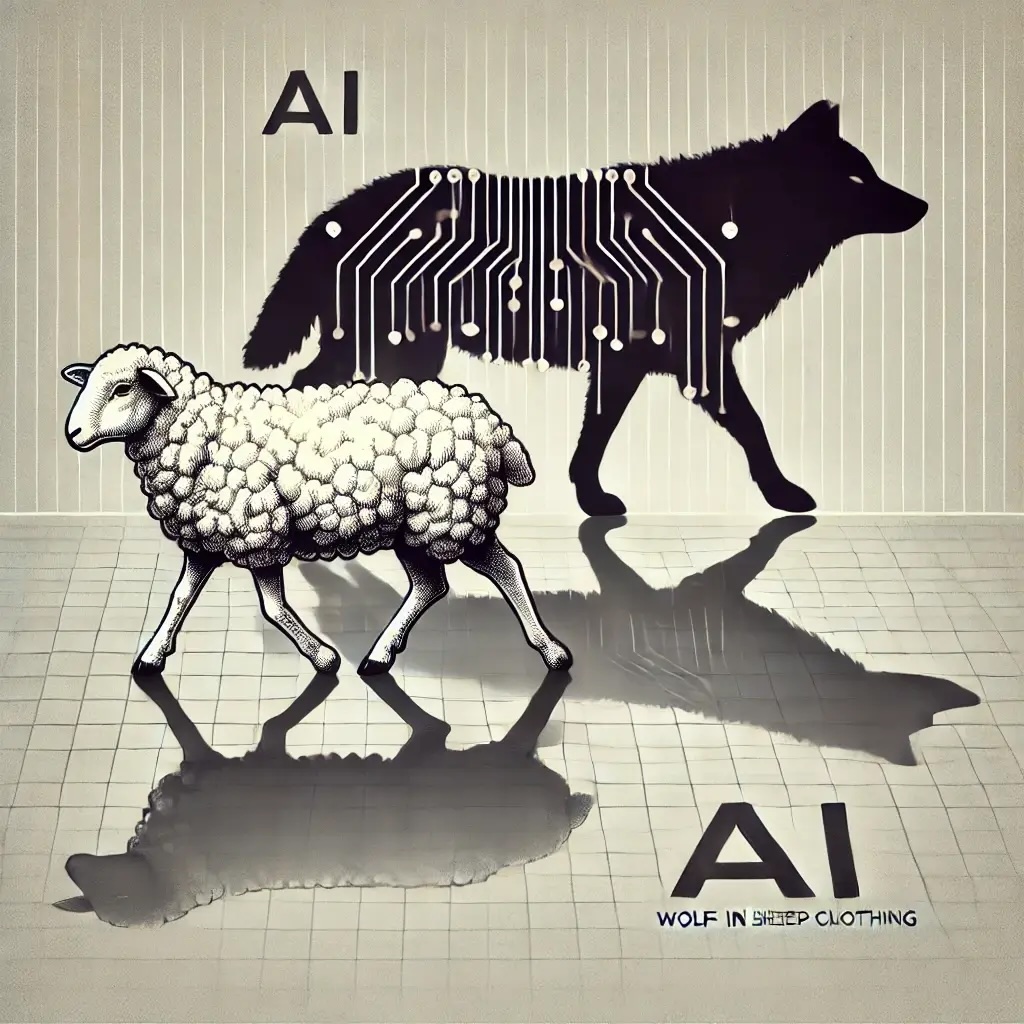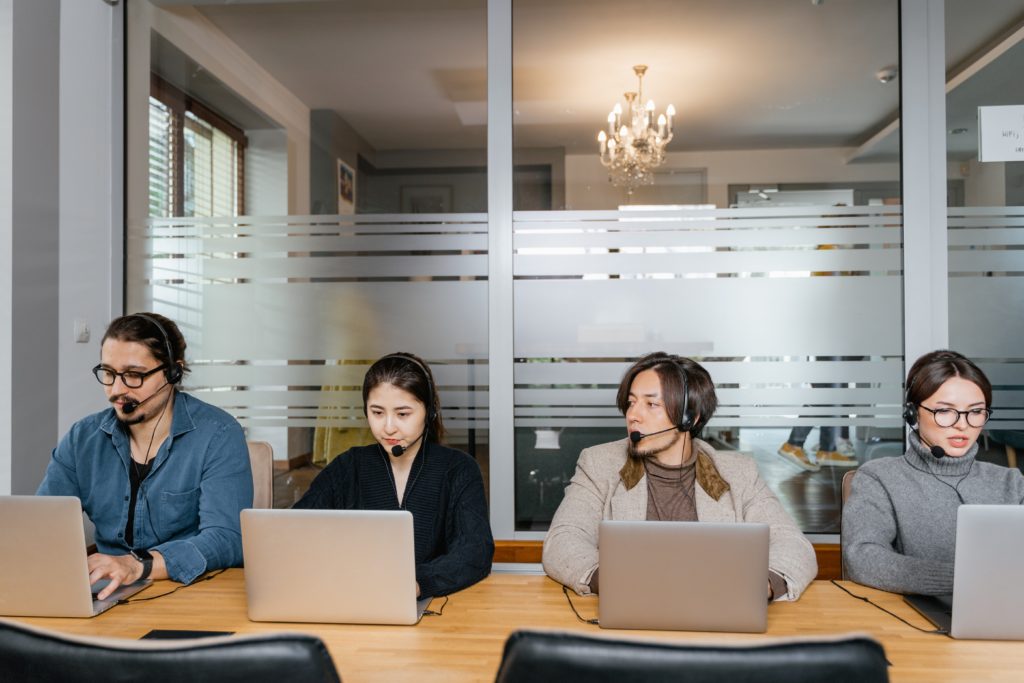
As AI tools become ingrained in daily life, understanding how to detect and prevent its misuse is becoming a priority for institutions. During our recent workshop on AI Detection and Prevention, we discussed strategies to help educators identify AI misuse in academic settings and prevent it from happening in the first place. Below are some key takeaways from the session.
Key Takeaways
- Understanding the Scope of AI Misuse: AI misuse often manifests in academic dishonesty, with students using generative AI for unauthorized tasks like writing essays or solving problems. While we primarily focus on AI in the classroom, misuse is a global problem, extending into areas such as bank fraud and creation of mis-informative content.
- Proactive Prevention Strategies: As acceptable AI use can vary from course to course, semester to semester, it is vital to establish clear policies and educate students about acceptable AI use specific to each course. By fostering a culture of transparency, communication, and accountability, students are less likely to misuse AI tools.
- Teaching students about the ethical implications of AI use not only reduces misuse but encourages responsible and innovative applications of these technologies in academic work.
- Available Detection Tools: Turnitin has AI detection and is available to all UWW instructors through Canvas. As of this workshop, Turnitin is only campus supported tool. While sometimes effective, these tools are not foolproof and should be used in conjunction with other strategies.
- Limitations of Detection Tool: While detection technologies are advancing, they are behind current AI models and can falsely report text as AI-generated. A nuanced approach that considers the specific context of assignments is recommended.
- Given the limitations of Turnitin, instructors may opt to run student submissions through a third-party detection service. This requires several careful considerations:
- As per UW-System legal, students must be informed of their instructor’s intent to use a third-party detector and given the chance to provide explicit consent. Doing otherwise may constitute a FERPA violation.
- The LTC and ITS cannot provide support for individual or department purchased detection tools.
- Given the limitations of Turnitin, instructors may opt to run student submissions through a third-party detection service. This requires several careful considerations:
- Human Review is Essential: Detection tools can help identify potential misuse, but human judgment remains critical in verifying suspicious activity. Educators should combine AI detection with careful analysis of student work.
- Building a Supportive Educational Environment: Create a learning environment that encourages creativity and reduces the pressure to misuse AI. Offering students resources, such as AI usage guidelines, can help prevent academic misconduct.
Supplemental Resources
- Workshop Recording
- Slide Deck
- Turnitin AI Writing Guides
- Five Tips for Writing Academic Integrity Statements
Upcoming AI Workshops
- Wednesday, October 16; 3:15 pm – 4:15 pm – McGraw 19A / Webex
Teaching AI Scripting: How to Write Prompts
- Wednesday, October 30; 3:15 pm – 4:15 pm – McGraw 19A / Webex
Have more questions or want to schedule a workshop for your department or unit? Reach out to the LTC!







